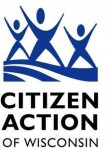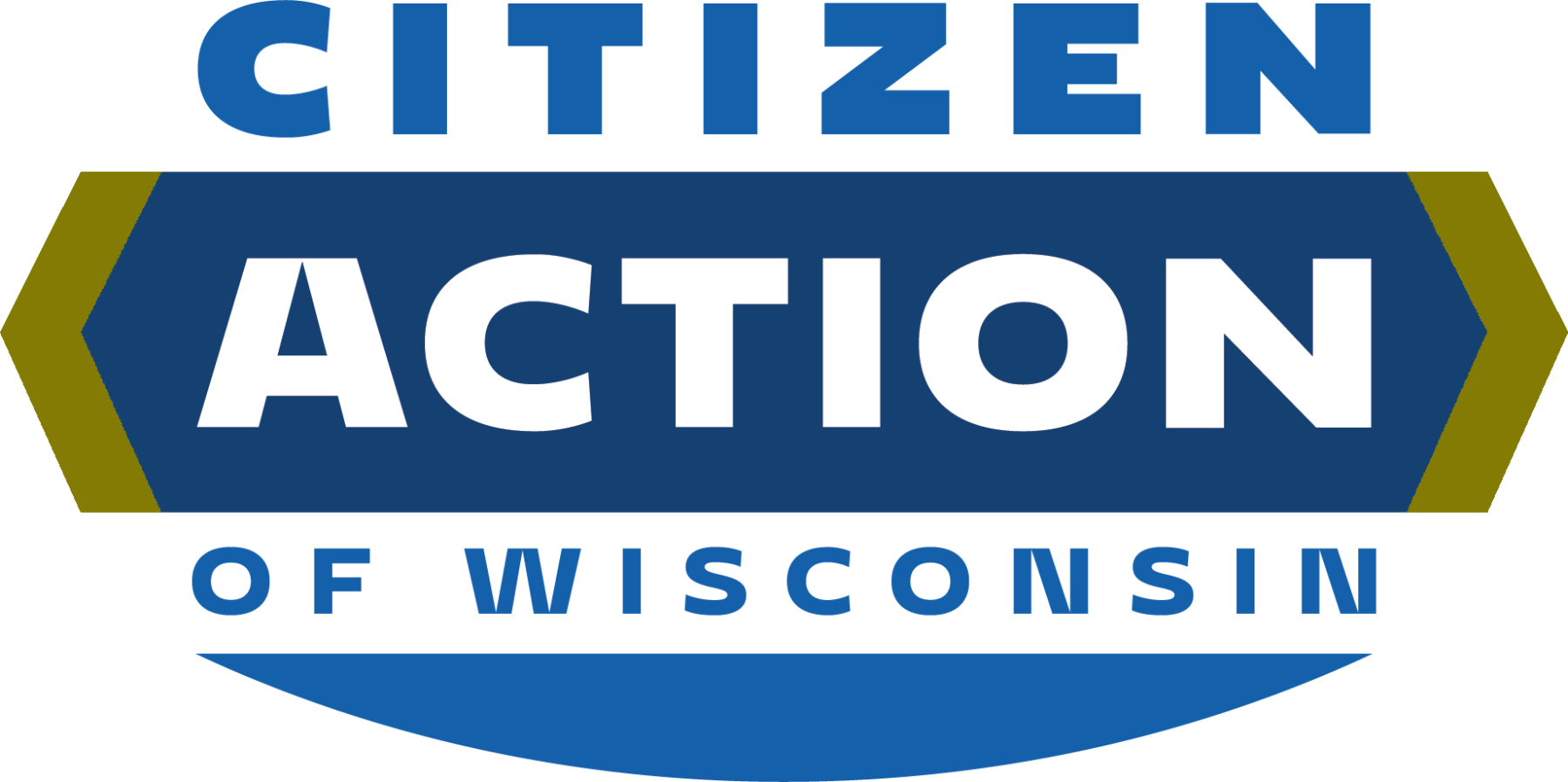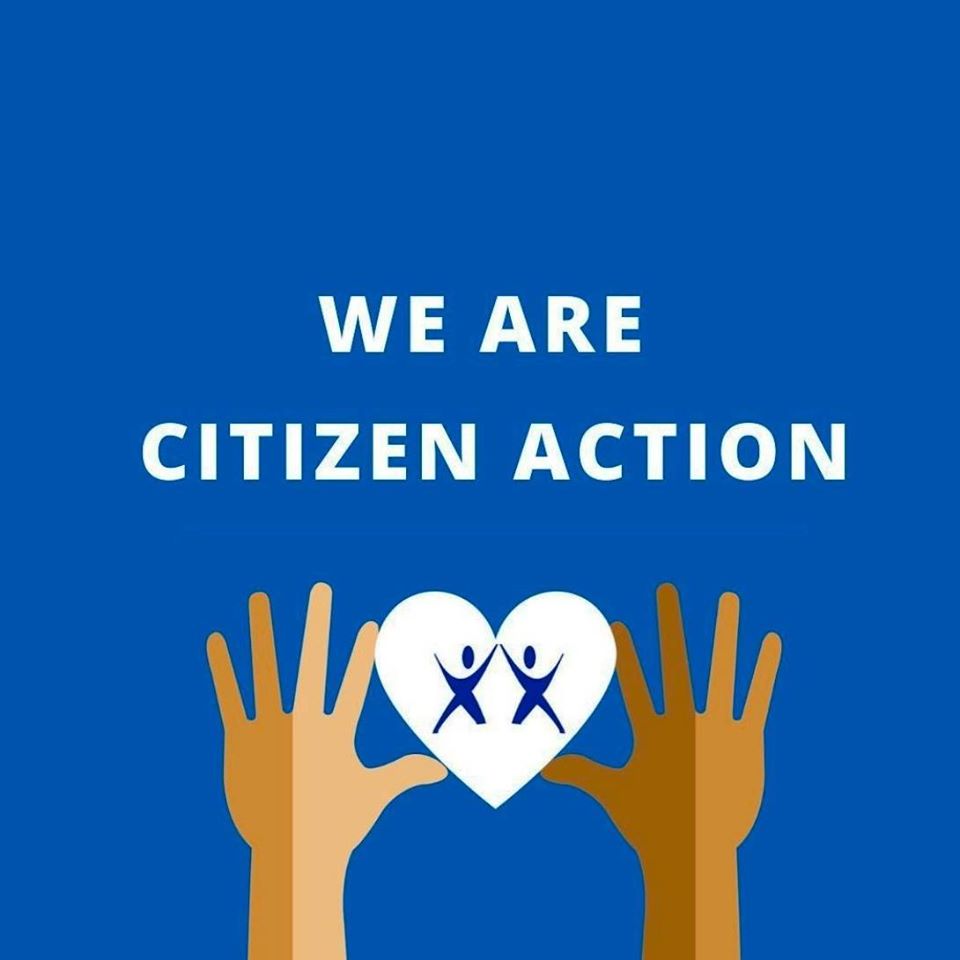Citizen Action of Wisconsin Takes New Approach to Keep Youth on Healthy Path
Proven Strategies Can Improve Access to Screening, Intervention for Risky Drug and Alcohol Use By Teens
Statewide– In the face of rising heroin and opioid addiction that state officials are calling a public health crisis, Citizen Action of Wisconsin is launching an initiative to increase access to effective screening and intervention services for youth. The Citizen Action project is a three-year effort designed to help youth avoid the destructive consequences of drug and alcohol misuse and addiction through early intervention.
This initiative, focused on youth ages 15 to 22, will combine a cost-effective public health approach called Screening, Brief Intervention and Referral to Treatment (SBIRT) with the power of consumer-led advocacy. It will build on SBIRT initiatives already underway in Wisconsin schools and primary care clinics. The Wisconsin effort is part of a national project run by Community Catalyst, a national, non-profit consumer advocacy organization, and supported by a $2.5 million grant from the Conrad N. Hilton Foundation, which will be paired with $1.7 million from other sources.
Wisconsin was one of five states selected for the project to improve insurance coverage for early screening and intervention services, increase the number and types of locations where youth can access those services, and boost the number and type of professionals who can conduct screening and brief intervention. Community Catalyst will gather and disseminate the lessons learned from Wisconsin and other states – Georgia, Massachusetts, New Jersey, and Ohio — to help improve screening and intervention nationwide.
“Risky substance use puts Wisconsin’s youth at risk for addiction later in life,” said Robert Kraig, Executive Director of Citizen Action of Wisconsin. “We are seeing the tragic results of this in the reports about opioid overdoses and suicides. We look forward to working with partners on the ground to make sure early screening and prevention programs are available to all of Wisconsin’s at risk teens, so that we can improve the lives of those youths and their families while reducing the huge societal and health care costs associated with addiction.”
Citizen Action of Wisconsin will create a public education campaign that brings together the power of many different types of groups that care about this issue, which has been an effective approach to creating change in the health reform arena. Stakeholders will include youth organizations, parents groups, teachers, organizations working to address addiction, faith groups and health care providers.
In addition to Citizen Action of Wisconsin, participating organizations include Wisconsin Council on Children and Families, Community Advocates; IMPACT Alcohol and Other Drug Abuse Services, Inc; Elevate Inc; Flow One Lean Consulting; and Wisconsin Initiative to Promote Healthy Lifestyles.
About Citizen Action of Wisconsin
Founded in 1983, Citizen Action of Wisconsin has earned a national reputation as one of the leading state-based groups promoting quality affordable health care for all. Citizen Action is a leading voice in the battle to establish a fully accessible and affordable health care system. For more information, please visit www.citizenactionwi.org Follow us on Twitter @CitizenActionWI or Facebook.
About Community Catalyst
Community Catalyst is a national, non-profit consumer advocacy organization founded in 1998 with the belief that affordable quality health care should be accessible to everyone. We work in partnership with national, state and local organizations, policymakers, and philanthropic foundations to ensure consumer interests are represented wherever important decisions about health and the health system are made: in communities, courtrooms, statehouses and on Capitol Hill. For more information, visit www.communitycatalyst.org. Read our blog at http://blog.communitycatalyst.org. Follow us on Twitter @healthpolicyhub.
About the Conrad N. Hilton Foundation
The Foundation was created in 1944 by international business pioneer Conrad N. Hilton, who founded Hilton Hotels and left his fortune to help the world’s disadvantaged and vulnerable people. The Foundation currently conducts strategic initiatives in six priority areas: providing safe water, ending chronic homelessness, preventing substance abuse, helping children affected by HIV and AIDS, supporting transition-age youth in foster care, and extending Conrad Hilton’s support for the work of Catholic Sisters. In addition, following selection by an independent international jury, the Foundation annually awards the $1.5 million Conrad N. Hilton Humanitarian Prize to a nonprofit organization doing extraordinary work to reduce human suffering. From its inception, the Foundation has awarded more than $1 billion in grants, distributing $92 million in the U.S. and around the world in 2013. The Foundation’s current assets are approximately $2.4 billion. For more information, please visit www.hiltonfoundation.org.
NOTE: This press release was submitted to Urban Milwaukee and was not written by an Urban Milwaukee writer. While it is believed to be reliable, Urban Milwaukee does not guarantee its accuracy or completeness.
Mentioned in This Press Release
Recent Press Releases by Citizen Action of Wisconsin
Milwaukee Public Town Hall on Health Care Crisis
Jan 29th, 2026 by Citizen Action of WisconsinLegislative solutions will be discussed
Citizen Action Praises Advances in Health Care in Evers Budget; Calls for Use of Veto Power to Force the Issue
Feb 18th, 2025 by Citizen Action of WisconsinCalls on Governor to Use Veto Powers to Leverage BadgerCare Expansion























